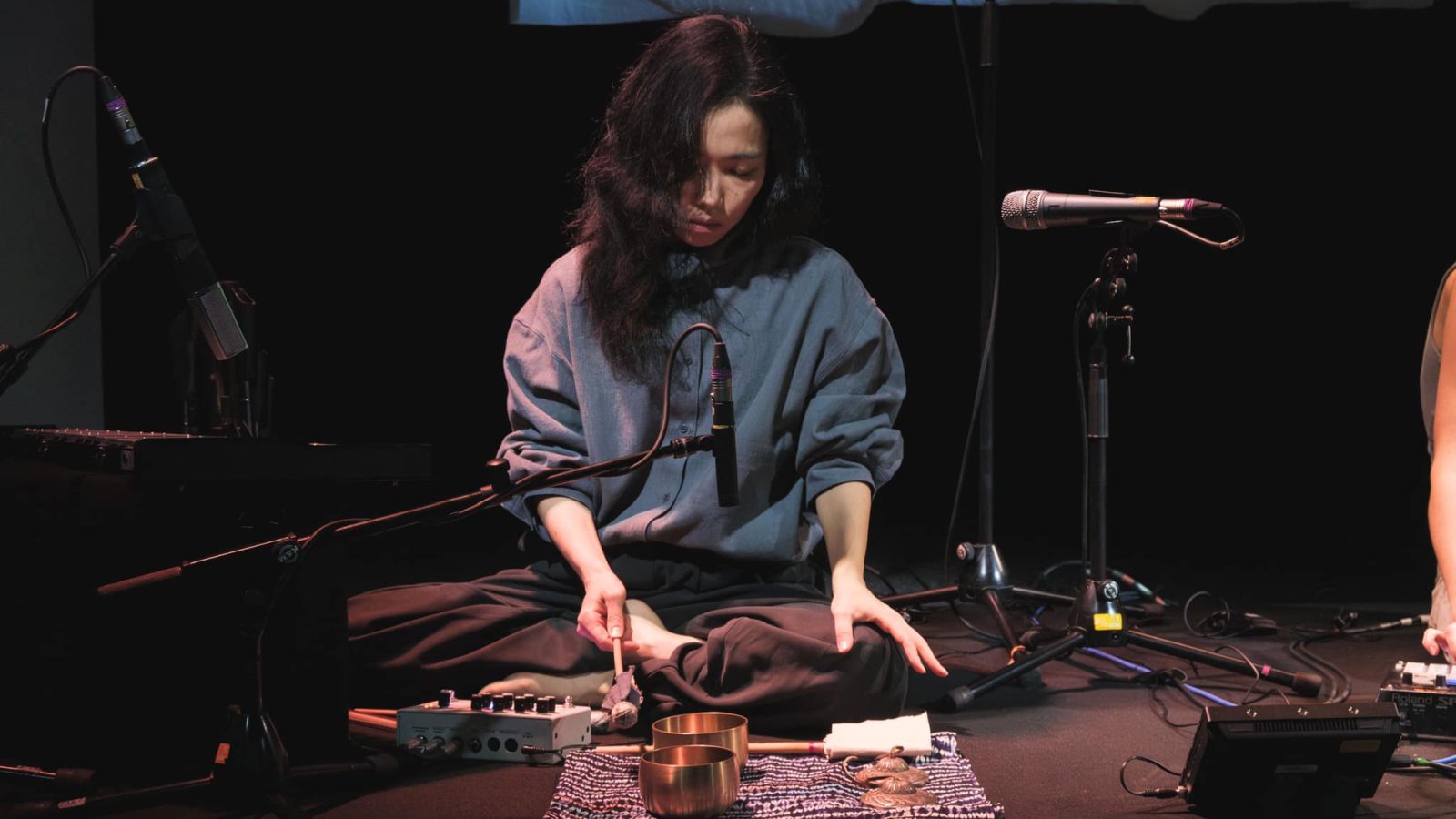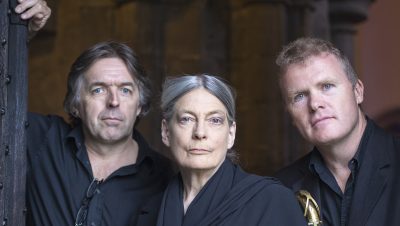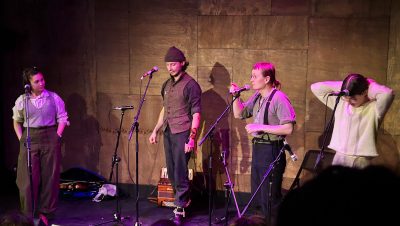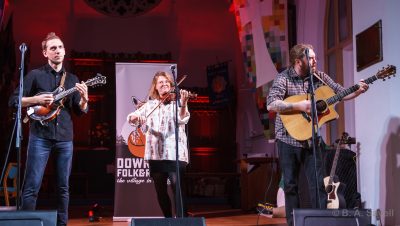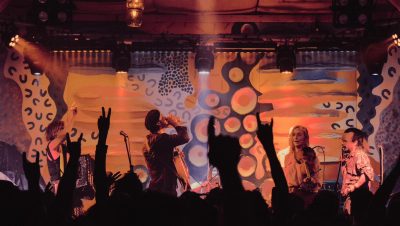Music / world music
Review: Park Jiha, St George’s – ‘A captivating performance that liberated listeners’
Tell me you’ve never heard of Park Jiha without telling me you’ve never heard of Park Jiha.
Ok! Park Jiha is a woman from South Korea who mixes traditional folk music with modern ambient sensibilities. She plays a hammered dulcimer called a yanggeum, an oboe called a piri and a mouth organ called a saenghwang.
These are combined with synths and samples to create expansive and intricate compositions around elusive and personal themes.
is needed now More than ever
Exactly. That’s what all the reviews say.
Exactly. It’s much better to actually go to a gig. If you listen at home that’s also quite good but it’s harder not to get distracted.
And although the speaker set-up at St George’s was very simple, the careful microphone positioning and superb built acoustics made it feel like the sounds were coming from everywhere.
That’s a destabilising paradox because, at the same time, Park Jiha’s pieces develop slowly and carefully, so as to demand attention and attunement.
Sorry what. Demand? How dare she.
You got the free tickets to review this, mate. Why weren’t you paying better attention instead of laughing as a person in the second row prodded a person in the front row who was trying to take a photo on their phone?
Because I was off to the side, trying to take a photo on my phone for this piece!
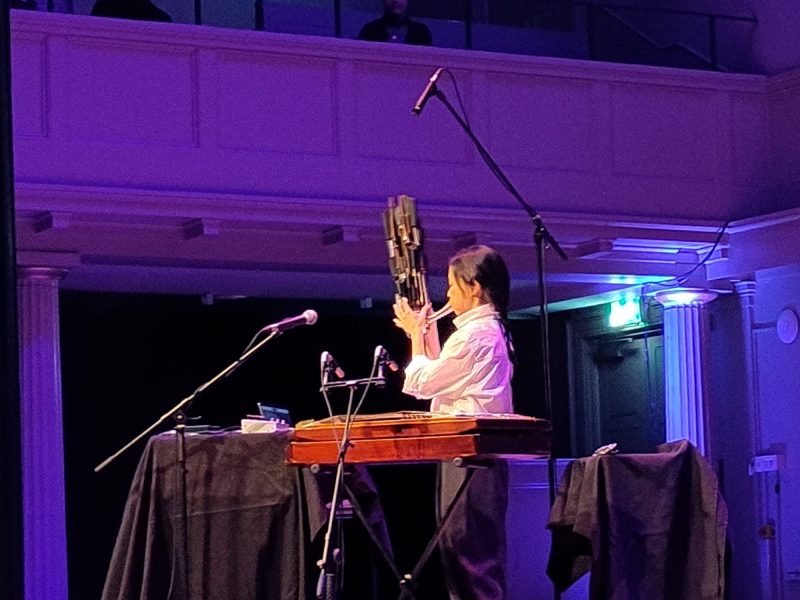
Fair enough. And this other person was on the front row, for heaven’s sake. Why bother paying attention to the music if you’re on the front row?
Everyone can see the front row almost as well as the artist on stage. So they saw it was better to distract attention from themselves by getting out their phone.
The digital screen may be a famous fake but it’s a merchant king in the attention economy. And you’d made lots of notes already and kept out of everyone’s way.
Actually I can’t remember my notes. But the listening experience was beautiful.
It was! And it began in silence as Park Jiha walked onto the stage to carefully adjust her set-up before taking a breath with closed eyes and clasped hands, mirroring everything’s grateful self-suspension, as a strange note harshly sounded, wavered, and recapitulated its appearance.
Origin and return then proceed as cycles of tone flow under and over the transparent surface of the definite soundscape. Wistful electronic cascades are held back by the perfect poise of the interruptive melody that commands their coalescence.
The oboe’s master’s fingers flurry to occlude and release the breaths – breaths the instrument receives as transitive determinations which are taken away before they become too fixed.
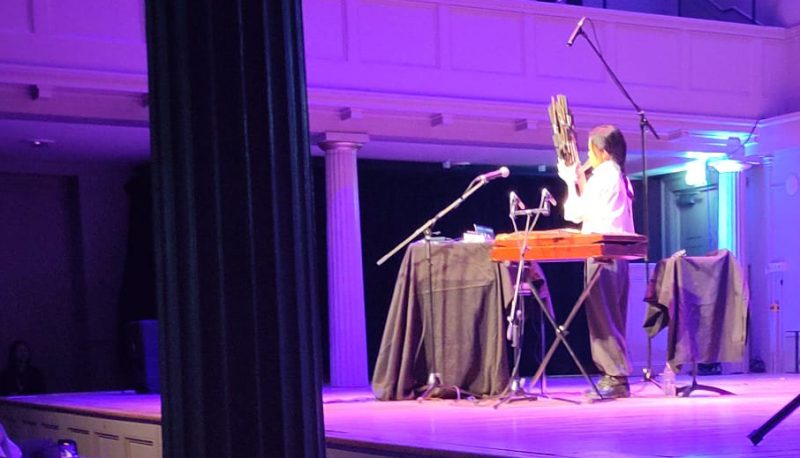
Did you find and read my notes cause I…
Listen, listen. Confident of what’s to come she stands away from the dulcimer to tend to other fountains. And in the space where she had stood and moved to sound some strings, there appears the invisible ghost against the dark behind, where the white blouse sampled sequences and returns again in body.
Slight movement, the expert works with downturned eyes to humbly serve her hearers. Sometimes an eyebrow betrays the presence of something unknowable. The passivity of breath was in her demeanour, but its necessity was in her delivery.
Anyway, she didn’t even talk until right at the end, yeah?
[Sighs] Looking backwards from the end, each piece preceded piece. By the time the end was reached the work had begun. The effect of attentive listening is as beautiful as the music that inspires it. The Korean philosopher Byung-Chul Han talks about…
Korean? See what you did there!
Well done for paying attention. In ‘The Terror of the Same’, Byung-Chul Han contrasts ‘information’ – the binge-watched social-scrolled food of consumer livestock – with insight.
Insight is transformative, is redemptive and is an event that disrupts the digital gaplessness that pervades the tyranny of the Same. Only insight can begin to find the new, the beautiful, the truly lovely. Paying attention develops insight.
As Park Chan breathed through her sounds, we could start to learn to hear our breath.
But in the foyer afterwards we got this:
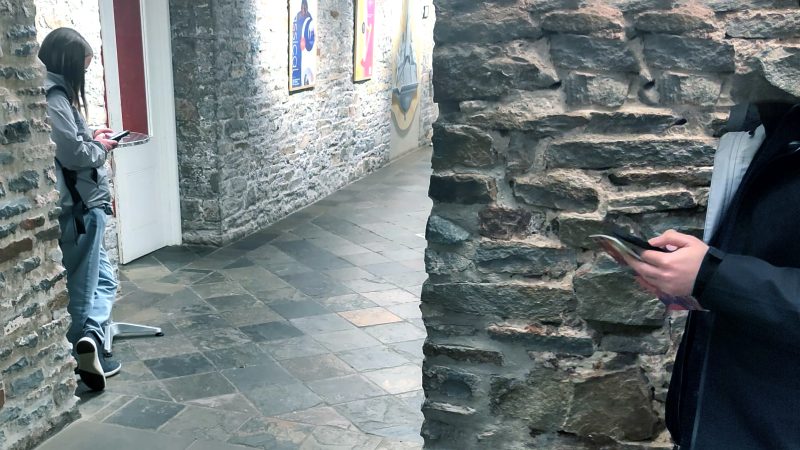
All images: Seamus MacDougall
Read next:
 Our newsletters emailed directly to you
Our newsletters emailed directly to you